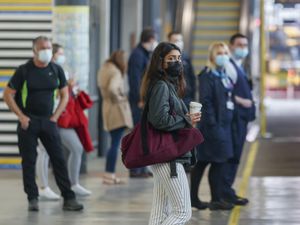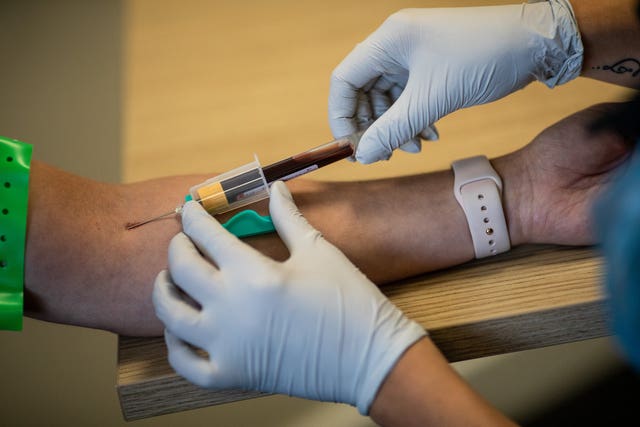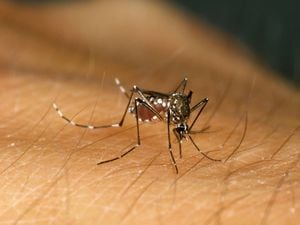Coronavirus immunity ‘probably significantly higher’ than tests suggest
A study found it was not just individuals with Covid-19 who showed T-cell immunity but also many of their exposed asymptomatic family members.

The number of people who have coronavirus immunity could be higher than antibody tests suggest, a new study indicates.
Research from Karolinska Institutet and Karolinska University Hospital shows that many people with mild or asymptomatic Covid-19 demonstrate so-called T-cell immunity to the disease.
This is even if they have not tested positive for antibodies to the virus.
Marcus Buggert, assistant professor at the Centre for Infectious Medicine, Karolinska Institutet, and one of the paper’s main authors, said: “T-cells are a type of white blood cells that are specialised in recognising virus-infected cells, and are an essential part of the immune system.
“Advanced analyses have now enabled us to map in detail the T-cell response during and after a Covid-19 infection.
“Our results indicate that roughly twice as many people have developed T-cell immunity compared with those who we can detect antibodies in.”
In the study, which has not been peer reviewed and has been published as a pre-print, the researchers performed immunological analyses of samples from more than 200 people, many of whom had mild or no symptoms of Covid-19.
It involved inpatients at Karolinska University Hospital in Sweden and other patients and their exposed asymptomatic family members who returned to Stockholm after holidaying in the Alps in March.
Healthy blood donors who gave blood during 2020 and 2019 were also included.

Consultant Soo Aleman, who has been testing patients since the start of the outbreak, said: “One interesting observation was that it wasn’t just individuals with verified Covid-19 who showed T-cell immunity but also many of their exposed asymptomatic family members.
“Moreover, roughly 30% of the blood donors who had given blood in May 2020 had Covid-19-specific T-cells, a figure that’s much higher than previous antibody tests have shown.”
Professor Hans-Gustaf Ljunggren at the Centre for Infectious Medicine, Karolinska Institutet, and co-senior author said the findings were potentially very good news.
He said: “Our results indicate that public immunity to Covid-19 is probably significantly higher than antibody tests have suggested.
“If this is the case, it is of course very good news from a public health perspective.”
The researchers say larger and more longitudinal studies are now needed on both T-cells and antibodies to understand how long immunity lasts.





